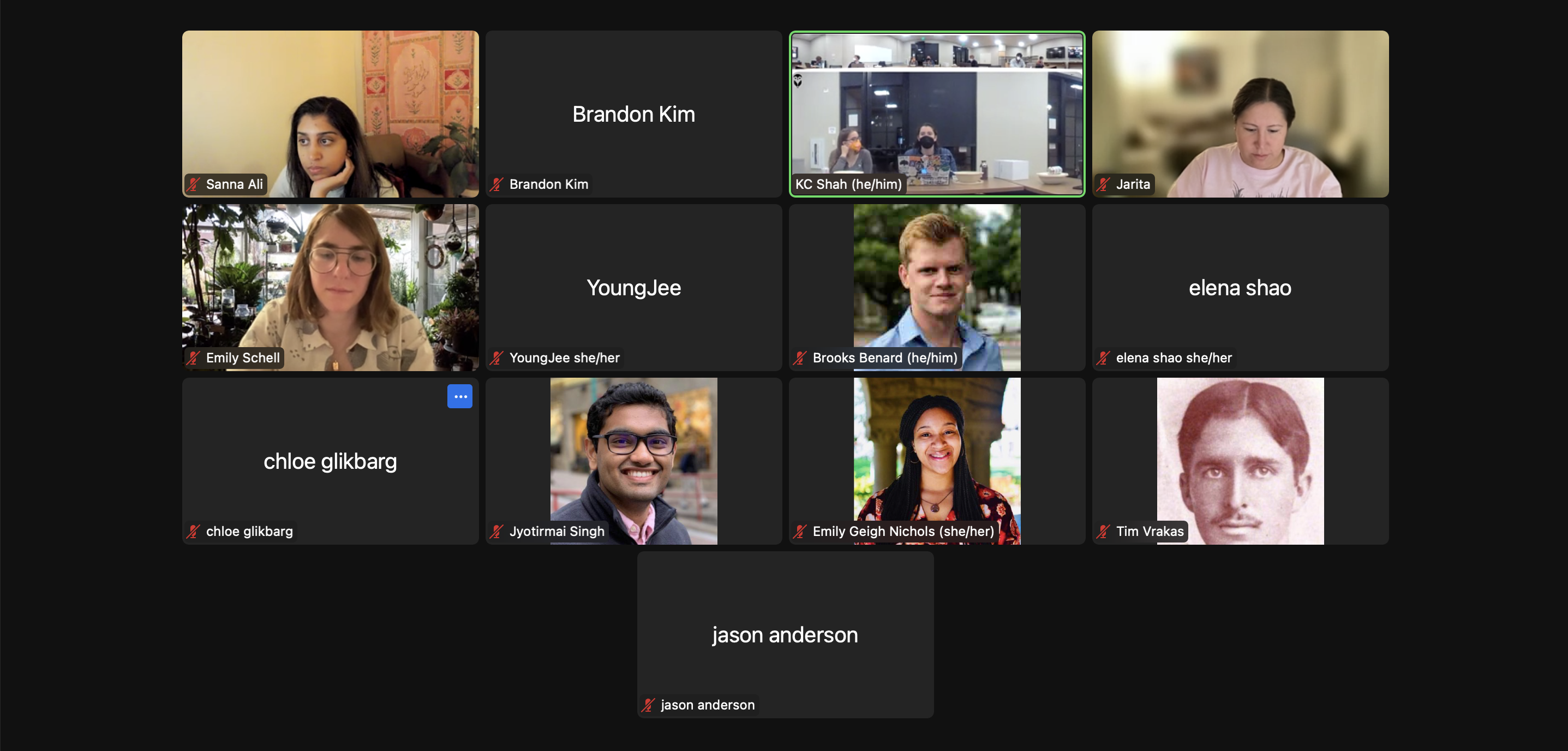The Graduate Student Council (GSC) advocated for increased institutional support for students navigating Title IX violations and mental health crises during its Wednesday meeting.
The discussion took place just a day after several Harvard students filed a lawsuit accusing their university of ignoring sexual harassment allegations against one of its professors. The lawsuit drew the attention of GSC councilors, who shared concerns about the power graduate-level advisors can wield over their students across higher education institutions.
For councilor Jarita Greyeyes, a fourth-year Ph.D student in education, the Harvard case underscores the need for clearer communication between administrators and students regarding sexual harassment policies, including the Title IX reporting process and its outcomes.
“It’s important that we find ways to support graduate students who need help with navigating relationships with fundamental imbalances of power,” Greyeyes said.
The Harvard lawsuit, which alleges problematic handling of students’ therapy records by university administrators, also prompted concerns among councilors about mental health support for students at Stanford. The GSC’s increased scrutiny over how administrators handle students’ mental health issues adds to recent attention that councilors have given to mental health among Stanford’s graduate student community. The University has recently encouraged and reminded students to prioritize their mental health, sending several emails highlighting campus resources following several medical incidents on campus.
One method of supporting graduate student mental health at Stanford, said councilor and third-year Ph.D. student in aeronautics and astronautics Jason Anderson, would be for the Graduate Life Office (GLO) to implement compulsory psychological screenings for graduate students. The objective of such a policy would be to catch mental health issues early on, similar to preventative care in medicine.
Other councilors, including Greyeyes, expressed concerns about this hypothetical mandatory policy since it might potentially share student medical information with the University, especially given the details of the Harvard lawsuit. GSC co-chair and fifth-year communications student Sanna Ali raised the possibility of such a policy being implemented as a voluntary opportunity instead, noting that mandatory screenings would likely be received with suspicion by the general student body.
While compulsory screenings may be well-intended, said councilor and fourth-year developmental and psychological sciences Ph.D. student Emily Schell, the screenings would also take away agency from students. Rather than mandatory screenings, she said, vulnerable and withdrawn individuals require far gentler care.
“You can’t escalate with someone who’s already vulnerable,” Schell said.
Councilors also reviewed a newly instituted Peer Mediation program by Conflict Resolution Fellow Carson Smith and Assistant Dean for Student Support Ankita Rakhe. The program, which was launched this year after a 15-year hiatus, will enable undergraduate and graduate mediators to serve as neutral third parties to students navigating conflicts with other students.
Smith and Rakhe said that the program was inspired by a “BIPOC framework of growth and relationship building,” with techniques focusing on “dialogue facilitation, conflict mediation, restorative justice and circle practices.” Typical cases tackled would include interpersonal issues, disagreement in student organizations and conflicts with friends.
